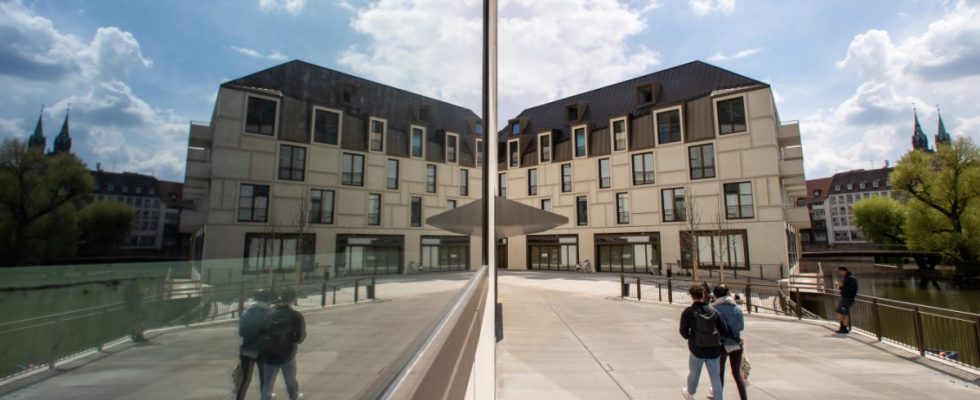The chairman of the committee of inquiry into the Nuremberg Future Museum, Josef Schmid (CSU), sees the accusation of nepotism in the choice of location as refuted. In his personal assessment on Monday, he harshly criticized the opposition, which had forced the committee – and the Supreme Court of Auditors, which had described the lease as “landlord-friendly”.
The committee as a whole did everything “to work things out thoroughly and that is a result that no one can doubt anymore,” said Schmid. Nothing, is the result, nothing to criticize about the whole museum thing.
The sub-committee should clarify whether everything went correctly at the property for the Future Museum, a branch of the Deutsches Museum. In 2021 it was opened in the Augustinerhof of real estate investor Gerd Schmelzer. The opposition suspected a waste of tax money so that Söder – then home minister – could create a personal prestige project in his hometown.
For Schmid, that’s cleared up: “The then finance minister and current prime minister didn’t go it alone,” he said. Undoubtedly he had the idea of setting up a branch in Nuremberg. And of course he was also responsible for this as home minister. This was all done with the full backing of the state parliament.
In turn, the Deutsches Museum is responsible for the location – without the involvement of the state government. There were “considerations and assumptions”, as Schmid put it, that donations played some role. That too has been clearly refuted. Entrepreneur Schmelzer had regularly donated to the CSU, which is why the opposition suspected nepotism. In his testimony, Schmelzer voluntarily disclosed how much money he had transferred to the party in order to dispel the suspicion that the money had been broken down into smaller sums.
He twice donated large sums for his wife’s local election campaign, “after all, the number two of the Nuremberg CSU,” said Schmid. Recognizing this is “a matter of common sense, you have to consciously want to think evil if you claim otherwise”.
Schmid went to court just as harshly as he did with the opposition. He had to put his trust in the ORH into perspective, he said. The auditors had published a press release a good year ago in which there was talk of an explosion in costs at the future museum and the lease was described as “landlord-friendly”. This report “significantly fueled the opposition” to set up this U-committee in the first place, said Schmid.
On the other hand, expert reports showed that the rent was expensive, but not too expensive, because it was a special building. A term of 25 years is also not unusual. Schmid works as a real estate lawyer. He was immediately struck by the criticism of the allegedly high rent, which also meant that sales tax should have been deducted.
It is his first legislative period in the state parliament, which is why he informed his colleagues. Would there be as many prejudices in other sub-committees? Are unlawful questions and requests for evidence constantly being asked? No, that’s what he was told, that’s extraordinary when it comes to future museums.
So his conclusion: The events were all factually correct and at least for the benefit of Nuremberg. Only one side made a fool of itself “and that was the opposition”.
The opposition has so far maintained its allegations. In particular, the representatives of the FDP, Greens and SPD complain that the CSU majority in the committee of inquiry prevented inspection of documents. The parties want to present their balance sheet to the committee of inquiry next week.

